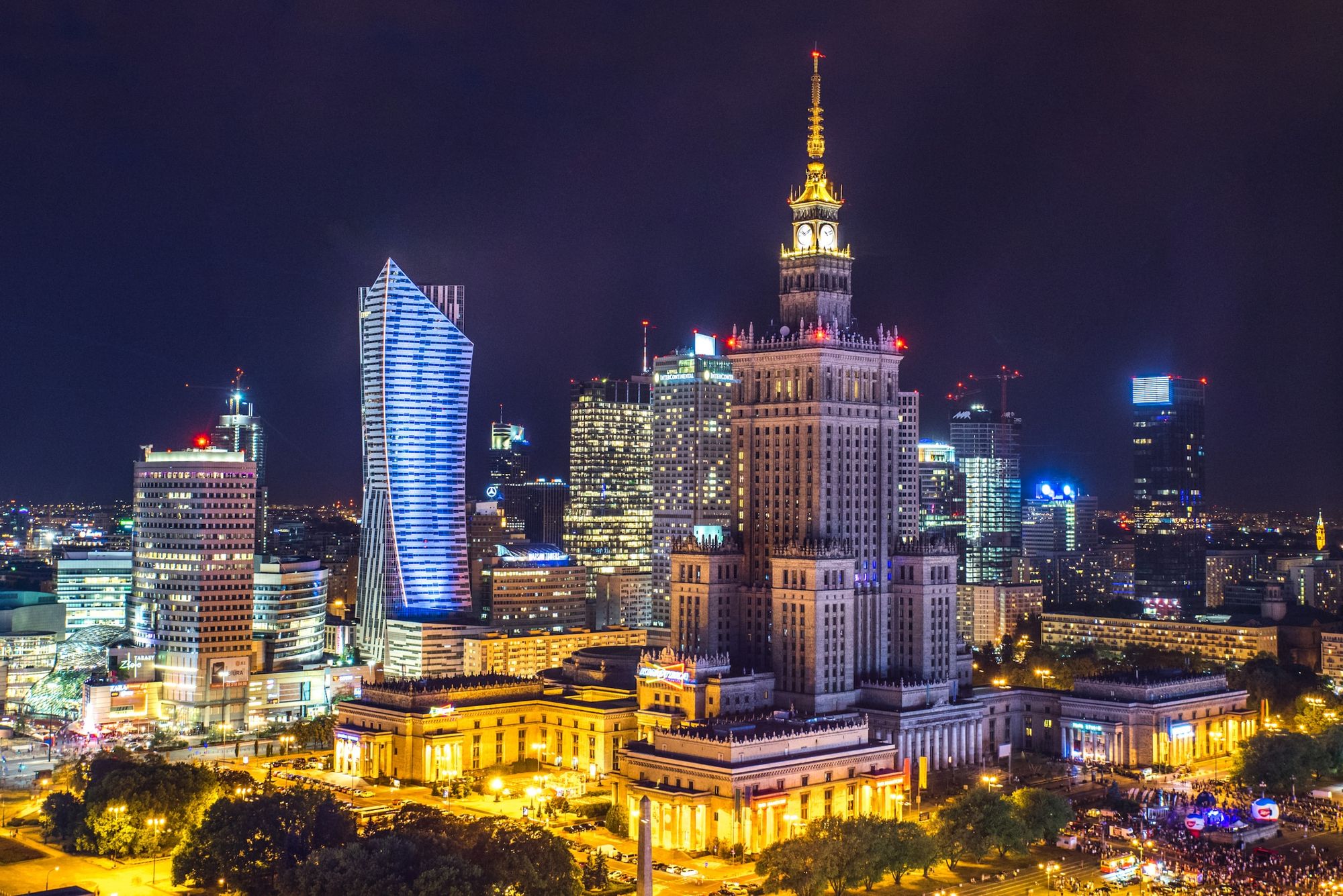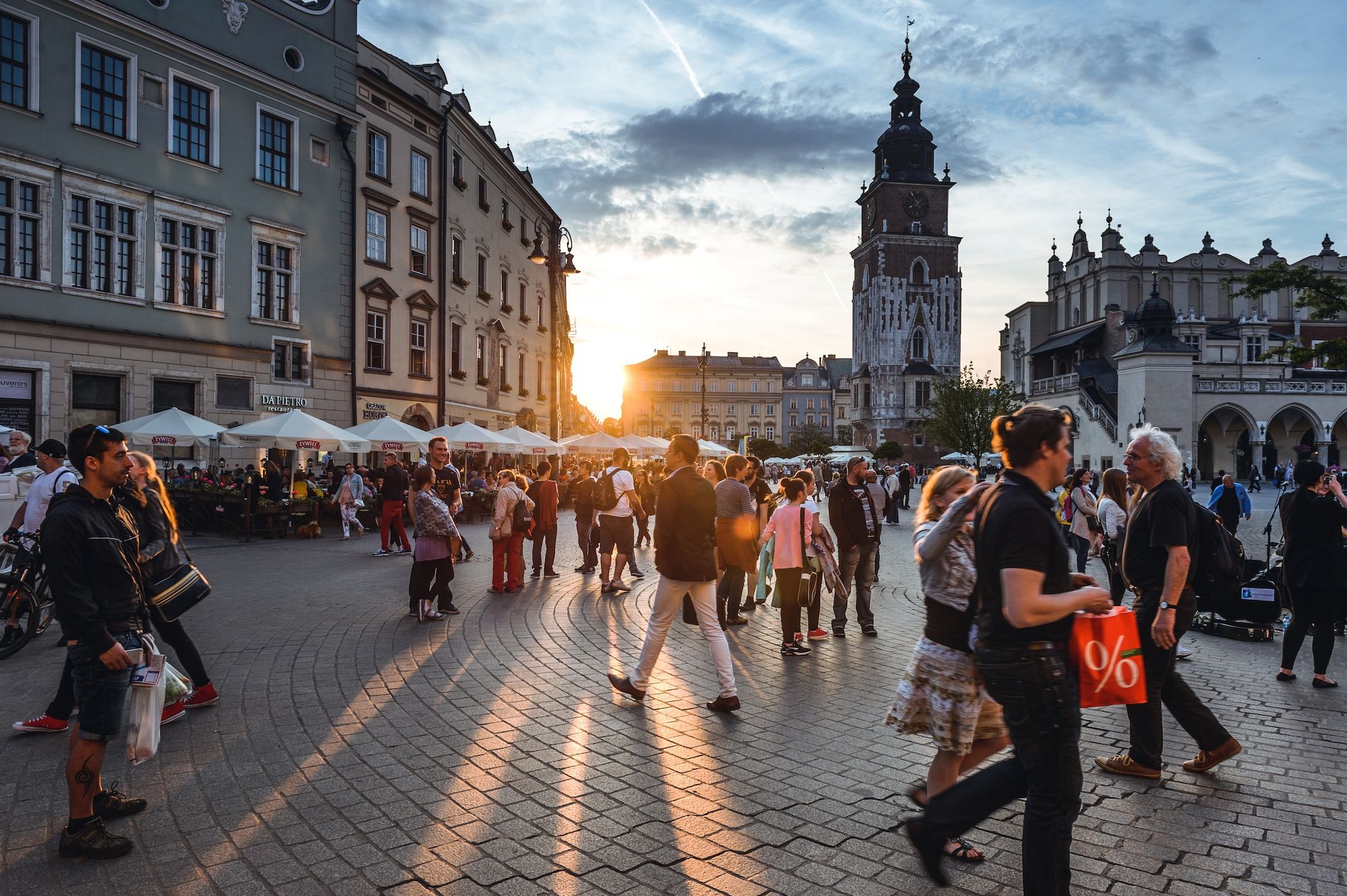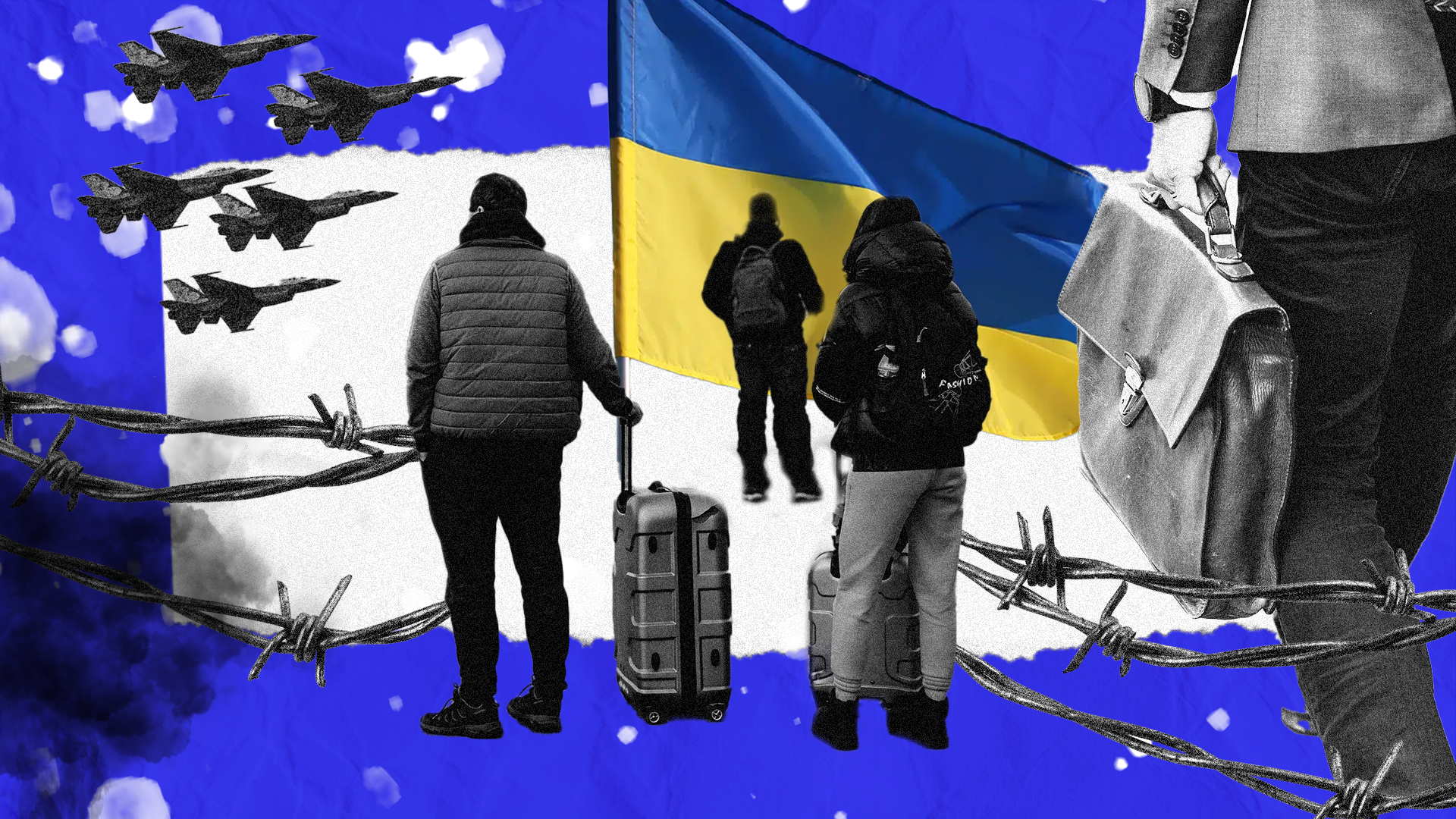It has been almost a year and a half since Russia attacked Ukraine, forcing millions of Ukrainians to flee their homeland to start a new life. Ukrainian refugees are integrating and boosting the CEE region’s economy with their labor.
Around 14,000 Ukrainian citizens established sole proprietorship businesses in Poland in the first half of 2023 – just shy of the total number in 2022 in only six months. According to a report by the Polish Institute of Economics (PIE), this means that Ukrainians now own one in ten such businesses in Poland. This figure, of course, already started to skyrocket last year, just after the invasion began. And in April 2022, the Polish government also took a pro-refugee step by adopting a law that made it much easier for refugees to work, for example, by granting Ukrainians an 18-month residency permit, which can be extended for up to three years. In addition, those arriving from Ukraine have been given a Polish identity number to facilitate administrative procedures. Polish Prime Minister Mateusz Morawiecki then said that the aim of all this was to offer refugees „a kind of substitute for a normal life.” The law also benefited the hosts: Poles who welcomed Ukrainian refugees into their homes received a grant of 40 złoty per day for every person they took in for two months.

Although the Polish government’s accepting attitude is partly explained by moral reasons, it is undeniable that in the long run, the economic benefits of the Ukrainian migrants were also taken into account. Their supported integration into the Polish labor market has led to a significant economic boom. Poland struggled with labor shortages before the war broke out, so the influx of over one million Ukrainian refugees was highly advantageous for the Polish economy.
And the Ukrainians are making great efforts: Katarzyna Dębkowska of the Polish Economic Institute (PIE) said that „Since the beginning of 2023, we have seen more than 2,000 Ukrainians register as self-employed every month,” adding that “Ukrainian businesses in the first half of 2023 accounted for 67% of all new foreign economic activities and 10% of all self-employed people registered during this period.” This is a particularly high figure, and the PIE expert also noted that there does not seem to be a slowdown in the Ukrainians’ economic activity as „this phenomenon cannot be described as a post-war spurt.”
The largest proportion of Ukrainian self-employed, around 23%, work in construction and 18% in information and communication, but many hairdressing and other beauty services are also in Ukrainian hands. Before the war, Ukrainian workers typically came for seasonal work, but since the invasion, the qualification profile of Ukrainian newcomers has also changed dramatically: a significant proportion of refugees have higher education and have worked in the education or health sector before. There is also a shift in gender: in the past, it was mostly Ukrainian men who came to Poland to do manual and seasonal work; but many of them now returned to defend their homeland, while more women and children arrived.

And Poland is not the only country in the region that can benefit from Ukrainian workers and the unfortunate situation of an unstable economic environment in Ukraine due to the ongoing war. The Ukrainians are also looking to Slovakia: Lukas, a Ukrainian confectionery family business, has grown to the point where it plans to open a factory in Slovakia, providing around 200 new jobs for locals near Žilina. Lukas started shifting to Slovakia as early as 2014 when it set up the Petro SK joint trading company with another Ukrainian firm during the Russian annexation of Crimea. Following the Russian invasion, the Lukach family, who own Lukas, stopped exporting to Russia and Belarus and are now focusing on EU countries. The construction of the Slovak Lukas factory is expected to start next autumn and is planned to be completed by summer 2026.
It is also worth noting that the war in Ukraine may lead to economic change in other dimensions: Central Europe’s major corporations are already aiming to make a substantial profit from rebuilding the devastated country when the war is over. Tomas Kopecny, the Czech government’s envoy for Ukraine reconstruction, said that the saying that fortune favors the bold is true: „It will be precisely the countries unafraid to go to Ukraine now that will start from the front positions of the peloton” – he said.
Graphics: Réka Pisla

Accessories for a stylish bank robbery: fashion for bank robbers | #DIVE

IKEA celebrates its 80th birthday with a new collection










